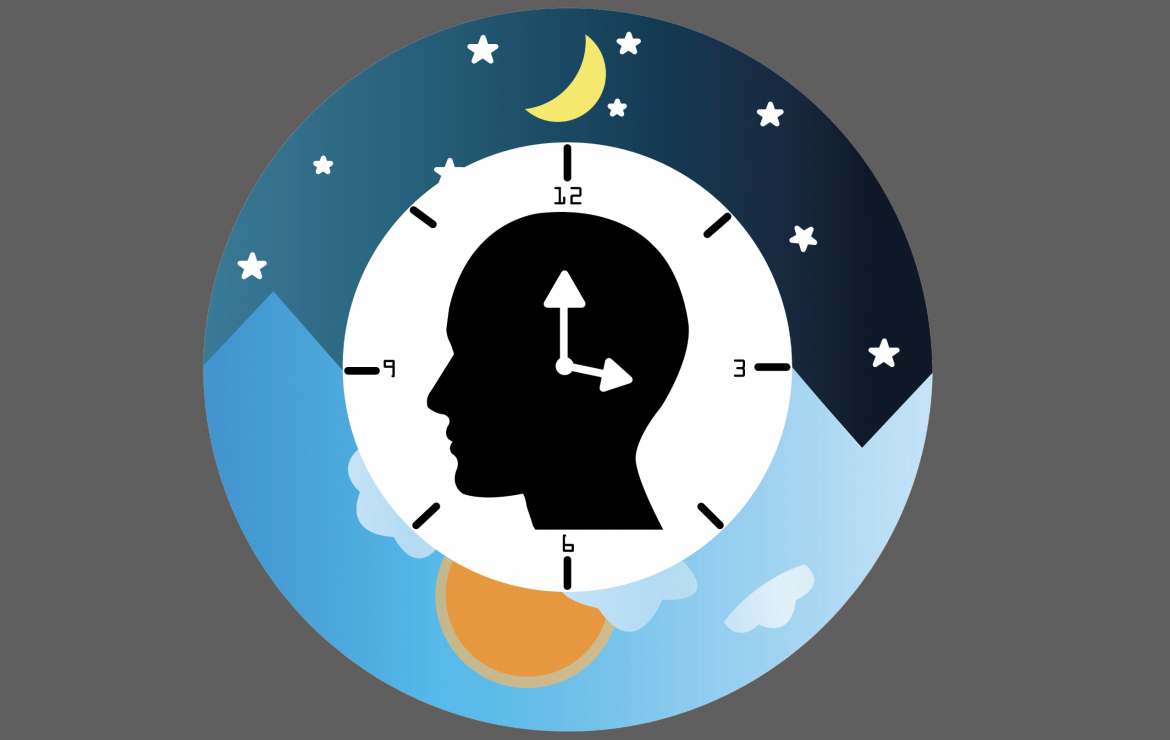The Human body has a deeply rooted biological clock that regulates its performance throughout the day, and now with more information available about that clock, doctors believe it can be used to fight several diseases.
“The human body contains a set of clocks which help improve its performance, and they are part of the Circadian System,” says Claude Grunvier, a researcher at the National Institute of Health and Medical Research in France.
While the existence of these clocks has been known for a long time, research done over the past few decades has shown that the activity of the organs varies according to the different hours of the day; for example, the intestines, liver, and heart tend to work harder at certain times, regardless of the rhythm of meals or physical activity.
Furthermore, research done on both animals and humans has shown that this rhythm was not just a response to the outside world, such as day and night, but rooted in our cells, starting with neurons in the brain.
While the research has advanced to the extent that 3 researchers in this particular field won the Nobel Prize in Medicine in 2017, it has seen great strides in recent years, especially regarding how these clocks exist in the cells of the entire body.
“There are clocks in the liver, heart, lungs, kidneys, and the retinas”, Grunvier explained.
The perception of pain
Every day we learn more about the diverse effects of these clocks, and a study led by Claude Grunvier and published in “Brain” medical journal, indicates that the perception of pain varies in intensity over 24 hours.
In the study, 12 men were isolated from all external stimulation for about a day and a half and exposed every two hours to a hot probe, and researchers noted that their pain threshold varied systematically over time.
Grunvier believes that this is a crucial step toward coming to a better understanding of pain, indicating that one day we may be able to deal with it better by taking its daily fluctuations into account.
This research is in line with a larger school of thought, as some researchers and physicians know these rhythms well enough to use them in the treatment of several diseases.
This is called “Chronotherapy” or “daily medicine”, which will have diverse applications ranging from oncology and cardiology to neuroscience.
For example, circadian disorders have a previously established connection to Alzheimer’s and Parkinson’s, however, we know now that these disorders often precede symptoms and therefore can be a preventable cause rather than a symptom.
Biological Clock disorders
“We still face the challenge of applying this knowledge about the role of circadian clocks in the medical field,” researchers Ravi Allada and Joseph Bass warned last year, in a scientific publication in the New England Journal of Medicine.
Currently, there is a shortage of techniques that would allow physicians to easily diagnose biological clock disorders and advise the patient in a targeted way to change the rhythm of his life to avoid health issues.
Other methods might not be applicable in the real world, such as the idea of taking the time of day into account when administering chemotherapy to a cancer patient, which is advocated by Claude Grunvier.
“Let’s imagine that research shows that treatment should take place between 10 pm and 8 am: this will lead to small organizational problems,” oncologist Pierre Santini told AFP.
“We already live in a world, at least in France, where the health system is on the verge of collapse; you have to be very persuasive to fundamentally change an organization already under tremendous pressure” Pierre added.
“Therefore you cannot simply prove that an effect exists, but also that it has a significant impact on treatment response and patient survival,” concludes Pierre, expressing his belief that studies are currently insufficient in this area.
Source: AFP













